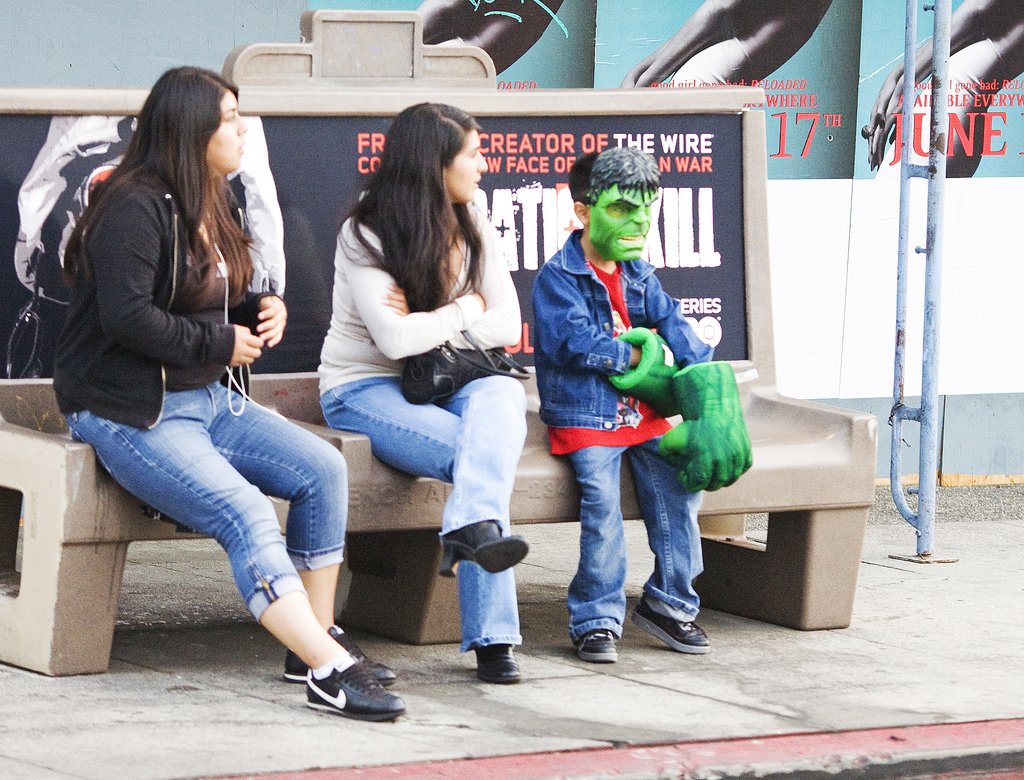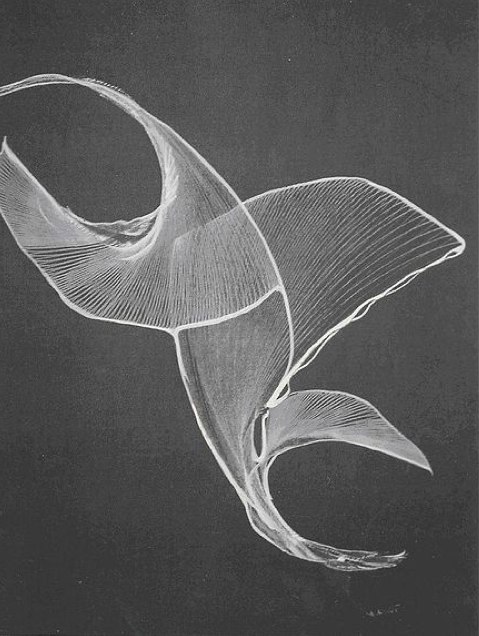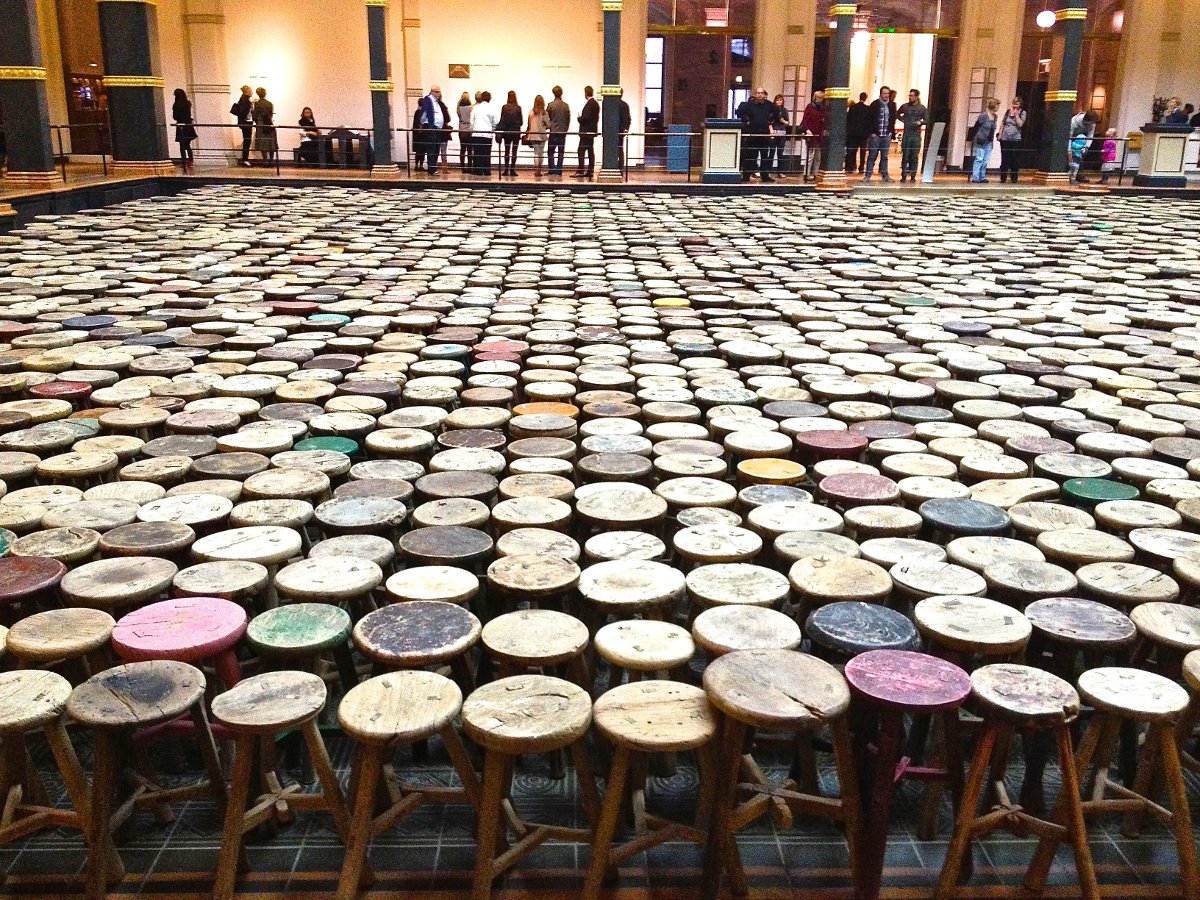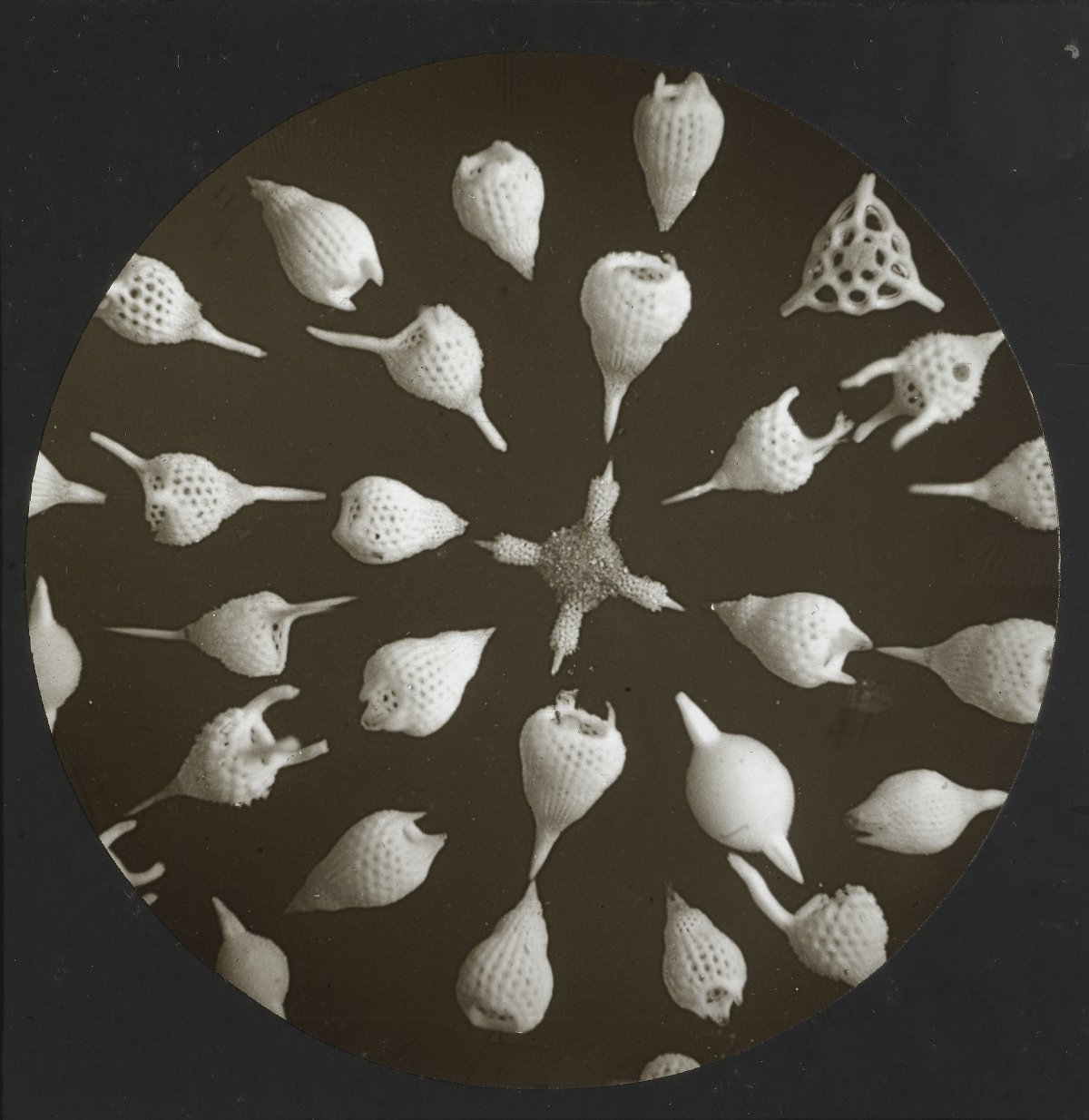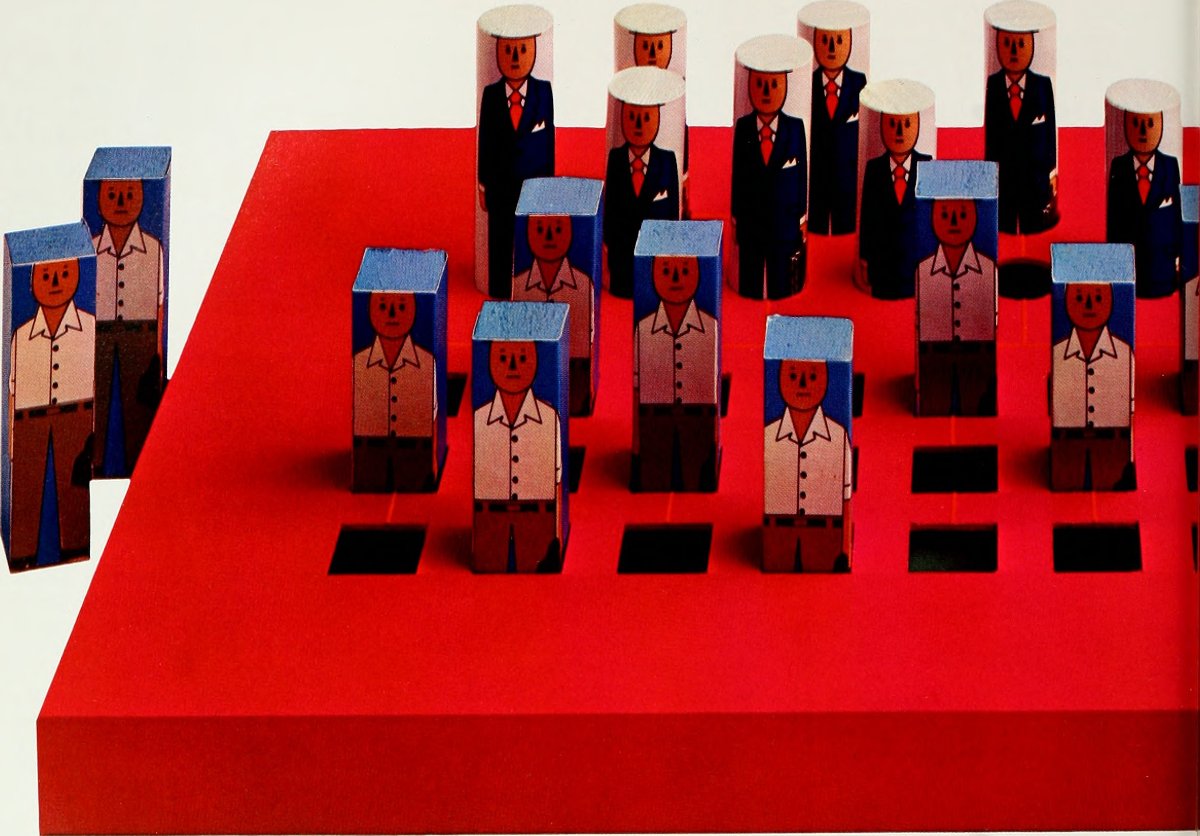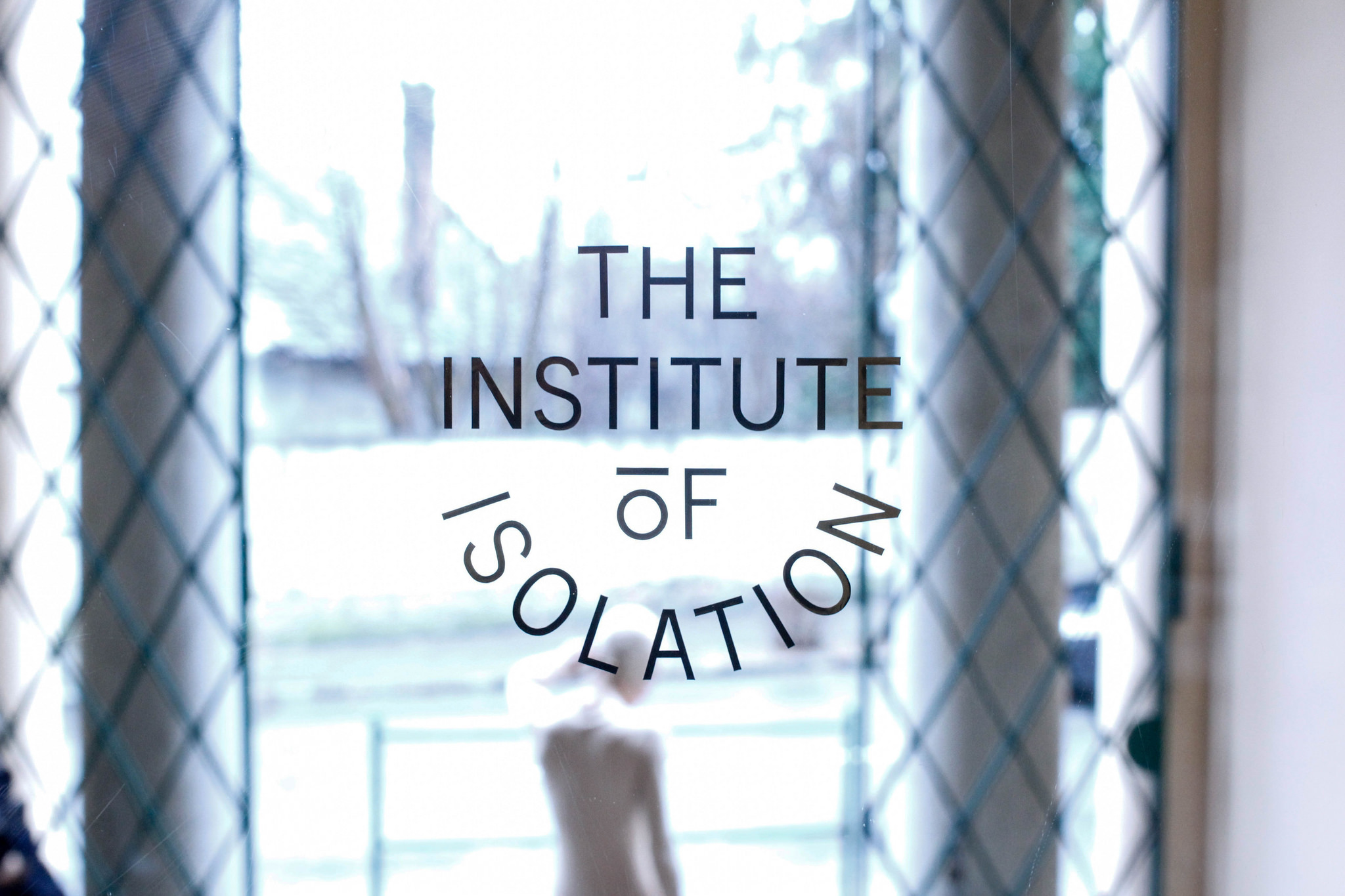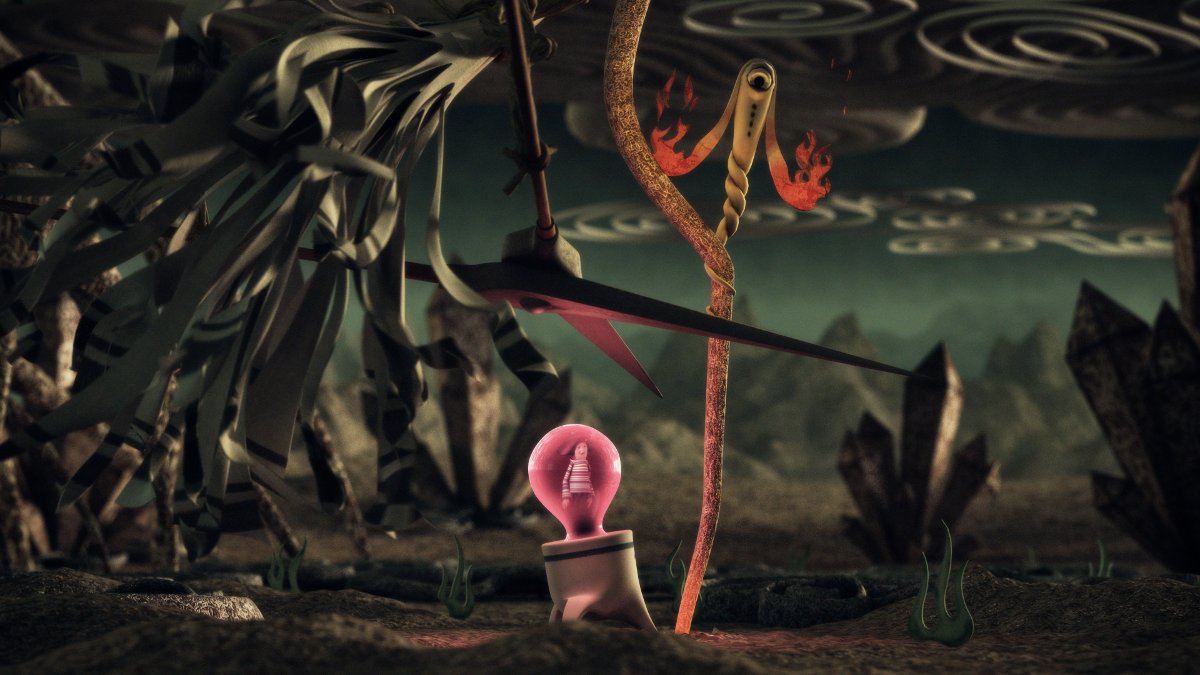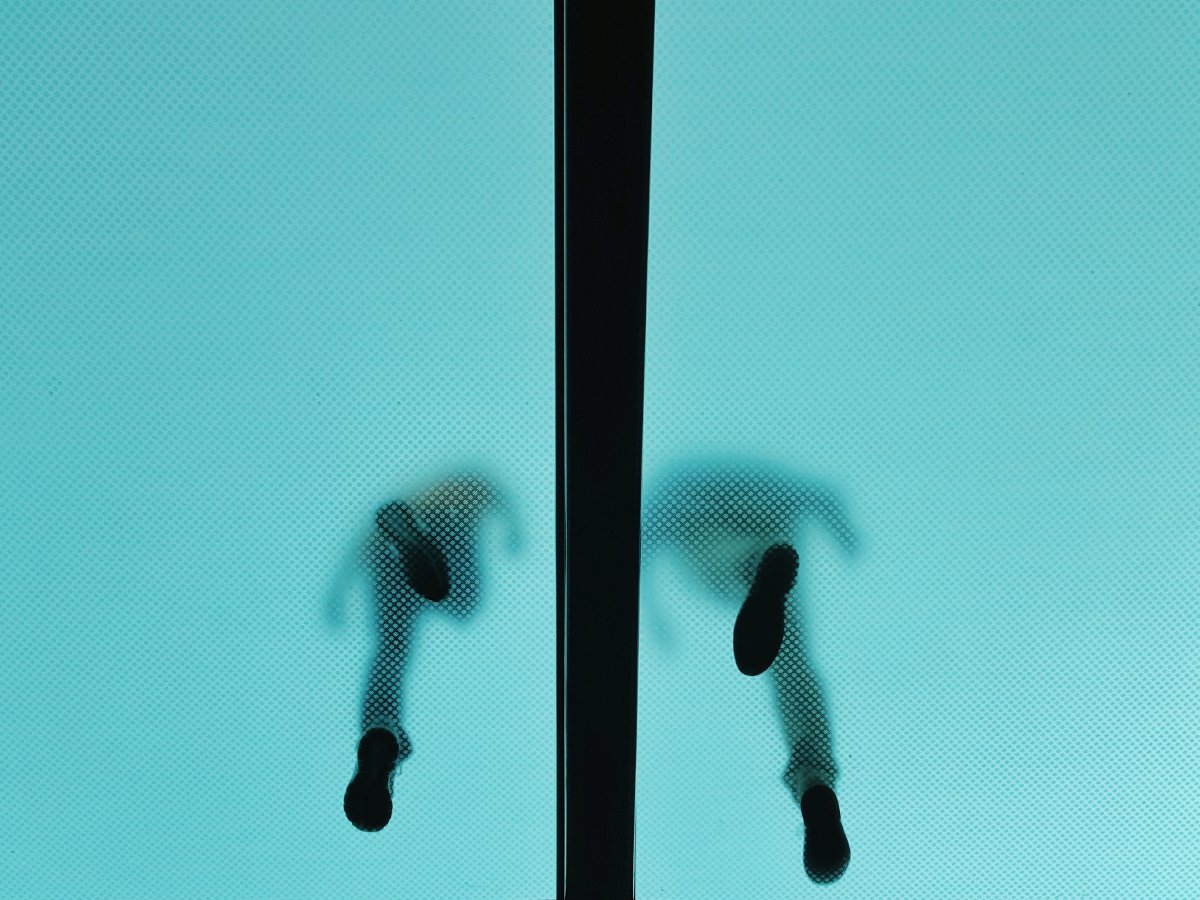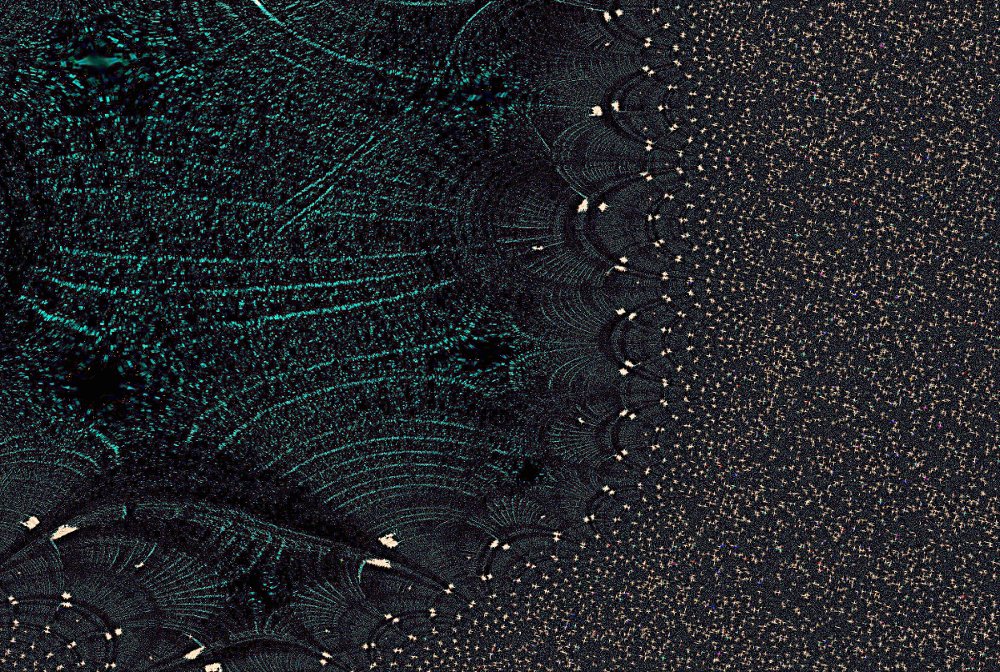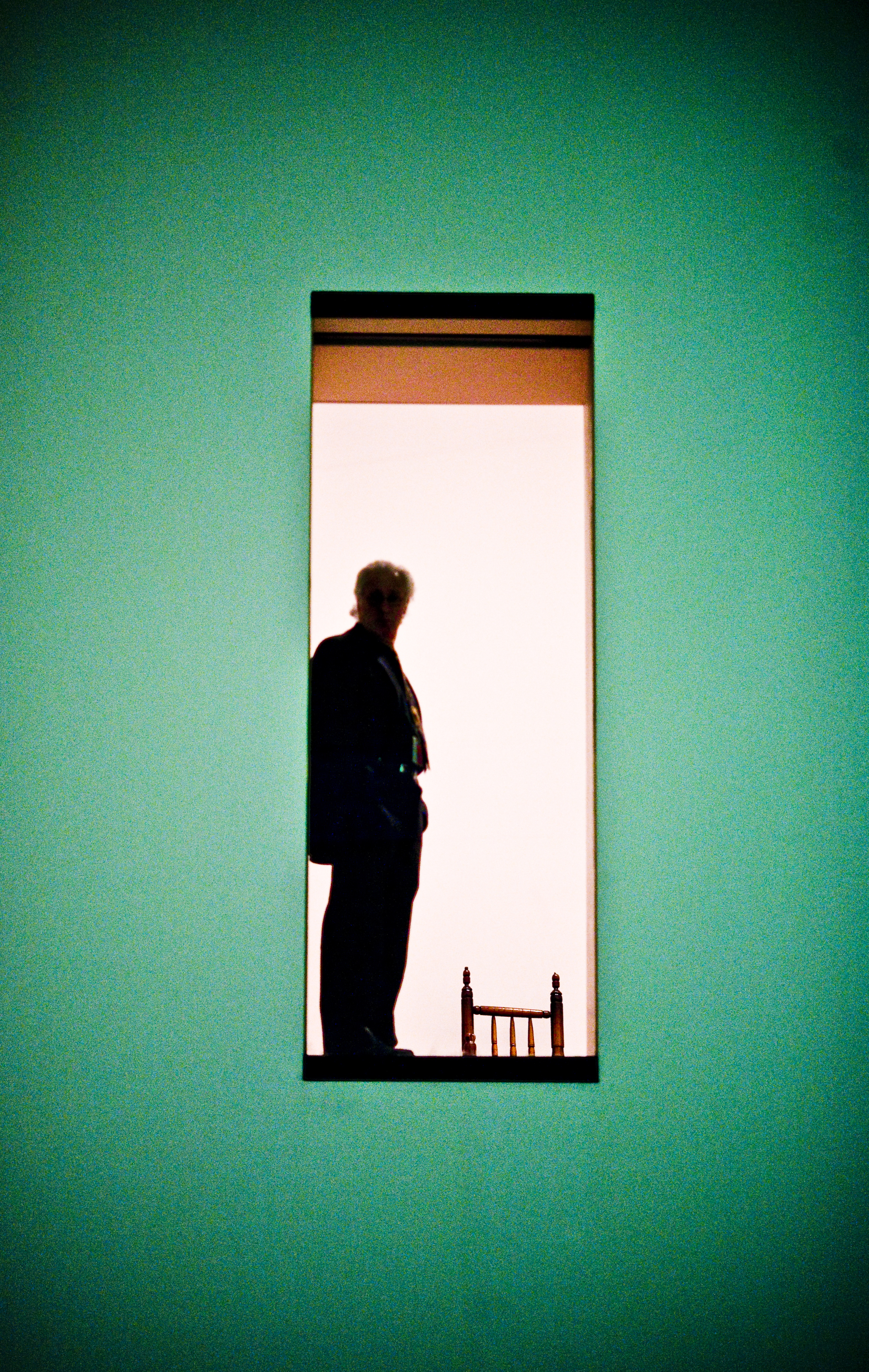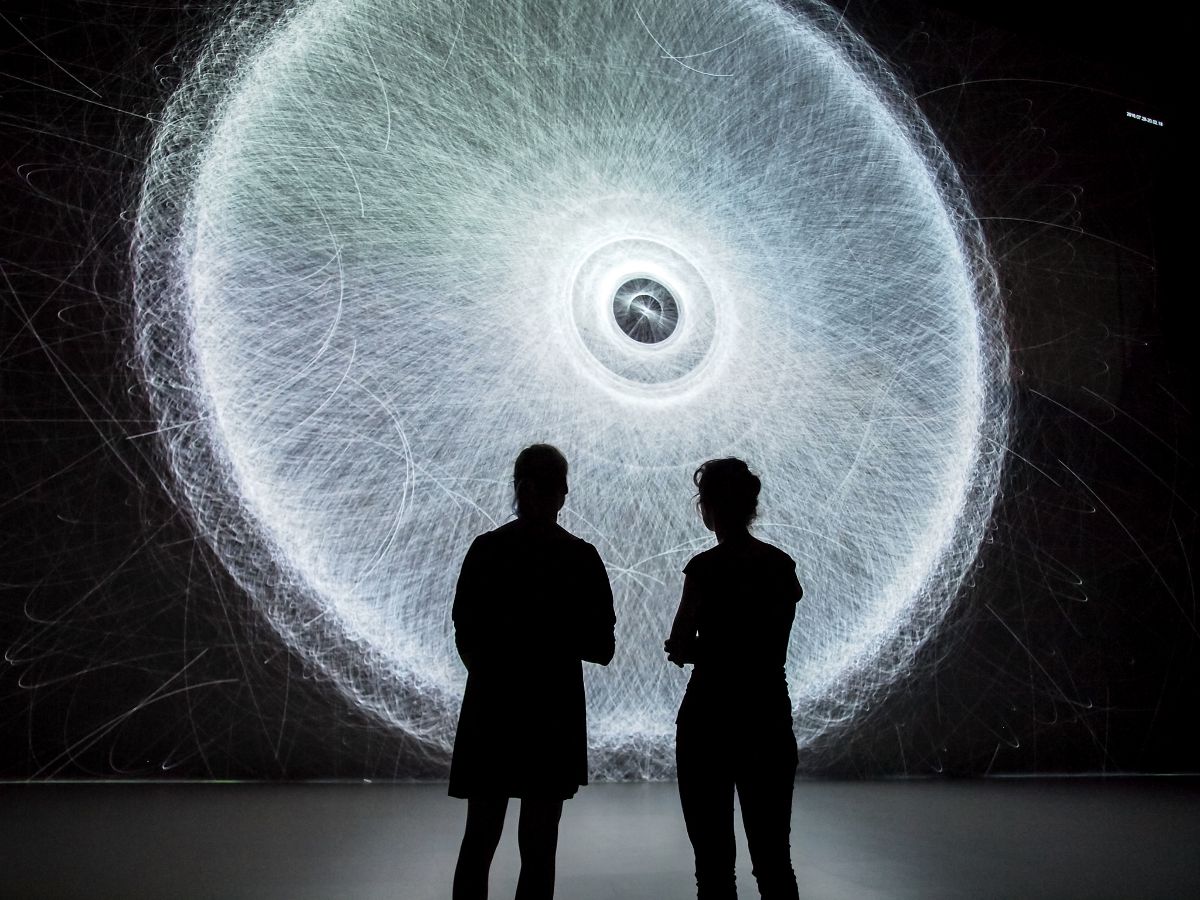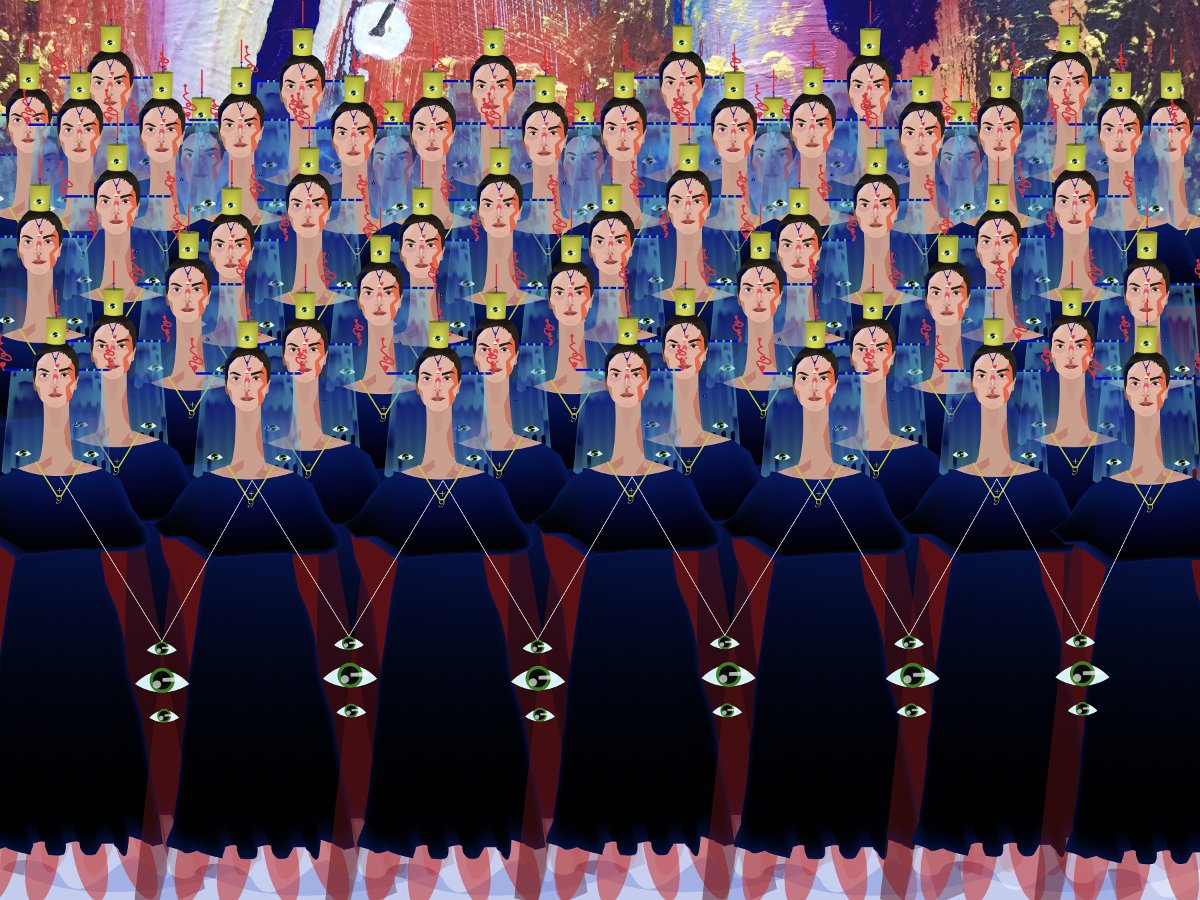Search Results
The Many Sides of Extremism
I just finished two books that shed new light on service and sacrifice and put them in perspective. The first, Strangers Drowning, discusses multiple examples of moral extremism; the second, When Breath Becomes Air, describes the experience of a 37-year-old Stanford neurosurgeon who died of cancer the year he finished his residency and was about to embark on a stellar career. In Strangers Drowning, Larissa MacFarquhar shares the stories of people who broke all norms and Read More
Stages and States
I just completed an on-line course through MindValley Institute entitled “Beyond Seeking” taught by Ken Wilber, whom I mentioned in my last post. The course triggered so many ideas that I wanted to filter them through my lens and write a post. So here it is. As the title of this post indicates, throughout our lives, we can experience many stages and many states. In my last post, Spiritual Awakening, I constructed scales for Wilber’s Read More
Development or Deterioration
As I turn 70, I’m sure the first thought that crosses peoples’ minds when they meet me now is, “He’s old!!” Most people associate aging more with accelerated deterioration than continuing development. But I think there is no end point for development. Growth may take a different form or shape, but it doesn’t need to end.
Transcendental Possibilities
My hunch is that we are all searching for transcendental possibilities, but what in hell does that mean? I have been on a long journey trying to figure out what those possibilities might look like and how I can have any real degree of assurance that what people claim can be true. Thirty-two years ago I co-founded Possibilities, Inc. with Barry Cohen, a PhD philosopher, as a discovery vehicle for this journey. I’ve covered a Read More
Integrated Educational Reform
If educational reform is going to be successful, we need to start with trust and healthy conflict. In my view, commitment is not the major issue. I don’t see a lack of teacher commitment as the biggest problem. To me, capability and culture are far more potent variables in the success equation.
Possibility
As the world veers ever more perilously toward the precipice, it doesn’t seem like a giant leap to suggest that we need a major shift in thinking and relating. Essentially, we need to start thinking about ourselves as connected vs. separate and we need to start relating to each other interdependently vs. competitively. This post will address the possibilities of making that shift and the planetary potential if we can make it happen. I will Read More
Positivity
In Shirzad Chamine’s book, Positive Intelligence, he refers to Sages, Saboteurs, and PQ, or positive intelligence. It’s a fascinating entreaty on the battle between our higher and lower selves and posits that PQ is the tipping force in winning the battle. It should be noted, though, that the ideas of Sage and Saboteur have been elucidated very substantively, in other terms, by others. Chamine suggests that a sage needs to empathize, explore, innovate, navigate, and Read More
Finding Meaning
“The human race is a monotonous affair. Most people spend the greatest part of their time working in order to live, and what little freedom remains so fills them with fear that they seek out any and every means to be rid of it.”
—Johann Wolfgang von Goethe
Goethe describes well the experience of people who are trying to find meaning while living in the middle.
The Centrality Delusion
In 1632, Galileo angered the Pope when he published a book in which he openly stated that the Earth was moving around the Sun. He was put on trial by the Inquisition in Rome, where he was found suspect of heresy, and forced to say that all of his findings were wrong. He was first imprisoned, and later confined to his house near Florence. This event was an early indication that debunking myths around centrality Read More
Being at Home in the Universe
An Internal Space or an External Refuge At my older daughter’s wedding, she sang the song, “Feels Like Home to Me” to her husband. It struck me that we are all searching for a sense of home in our lives and I was so grateful that she had found a man with whom she felt at home. Her beautiful voice filled the reception hall and my hope for everyone there was that they felt, in Read More
The Consciousness Solution
“You can’t solve a problem with the same level of consciousness that created it.” —Einstein
Over the course of human history there have been on-going discussions from a variety of sources (religious, social, political, etc.) about how nice it would be if our global civilization could be more harmonious and enlightened. Creating a new platform for civilization is now a requirement for our survival.
Corporate Spirit: Oxymoron or Possibility?
Spirituality is coming to the workplace thinly veiled as mindfulness, awareness, and stress management. As the veil gets lifted, the questions arise: does it belong, can it co-exist with profitability, and what are the dangers?
Does spirituality belong in the workplace? It depends…
